INDIA'S Partition clearly left an indelible mark on the psyche of both Hindus and Muslims. Today, that has filtered down to four generations, but the verbal accounts concerning one of the most tumultuous events in history is fading away.
Although historians have recorded, documented and published the political machinations of the movers and shakers of the time, individual voices – those first-hand accounts of ‘lived experience’ – are largely unrecorded, and remain only in the nightmares of those who witnessed the atrocities that unfolded after the British withdrawal from India in August 1947.
The dominant argument depicted by left-wing critics concerning the ensuing violence and exodus of more than 14 million people is that it was the fault of the British ‘divide and rule’ policy and Cyril Radcliffe (British lawyer and first viscount) who had been given the unenviable task of dividing up a culturally diverse continent almost the size of western Europe. In essence, any division of India was likely to cause bloodshed at an unprecedented level – and everyone knew it. It was unavoidable.
In this narrative, little focus is placed on the Muslim leader, Mohammed Jinnah, who - through personal ambition and bloody mindedness - insisted on creating an Islamic state; Gandhi put up only tacit, or weak resistance against the proposed division of his country.
Adapted from Kavita Puri’s book Partition Voices: Untold British Stories, Silence is the latest offering from Tara Theatre.
Directed by Iqbal Khan, it features a cast of half a dozen actors taking on different characters. They present their accounts of Partition (1946-1947) through monologues, inspired by real personal testimonies, creating a production that lasts over two hours. It is also one-sided, flat, and disappointing due to style.
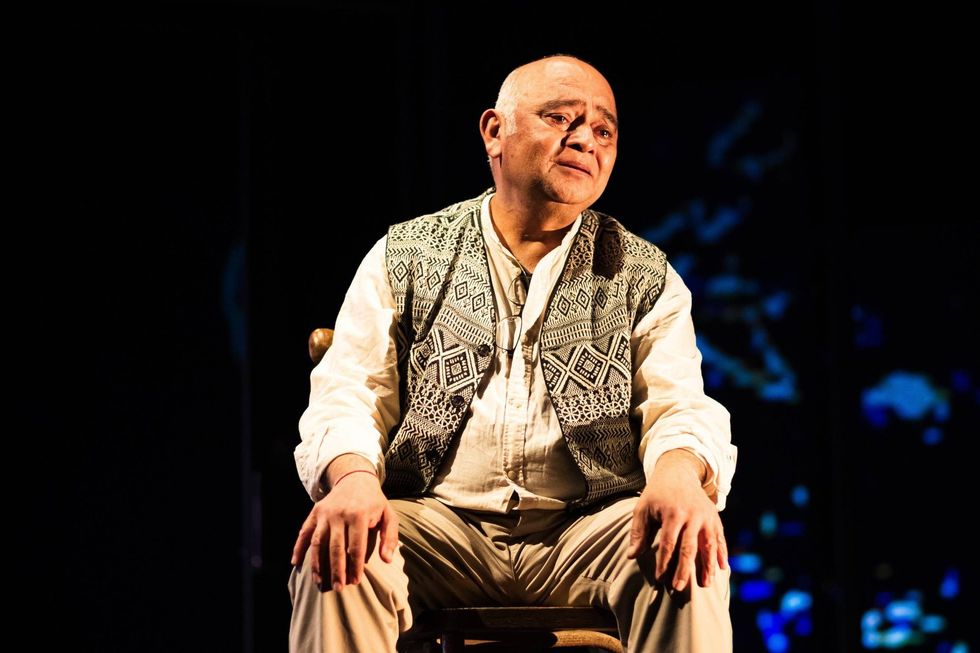
During the press night, for instance, all the actors seem to display animated accents and heightened delivery that might sit more comfortably in Bollywood melodrama than the modern stage. There were also some awkward moments when it felt that the actors had forgotten their lines littering the stage with questionable pauses. The lack of a climactic ending to the first part also left the audience wondering whether they had got to the interval or not; whether they should clap or let the scene dissipate quietly.
During the interval, I bumped into Neena Shea, the senior producer, who asked if I was enjoying it. I thought – though I refrained from saying so – it lacked entertainment value, a proper thread to the narrative, political impartiality, and a script that connected the characters to the audience. In addition, bearing in mind that more young men were massacred than women, I thought it was telling that the script should emphasise a feminist aspect – that it was a problem orchestrated by men and that women were the victims, caught in the middle.
Shea stated the Partition was a heavy subject to present on stage. Yes, it is, but to be perfectly frank, adopting an unbiased approach at the outset might help matters and not just churning out the dominant, but flawed narrative.
Rating: ** (2 stars out of 5)
Silence
Written by Sonali Bhattacharyya, Gurpreet Kaur Bhatti, Ishy Din and Alexandra Wood
Directed by Iqbal Khan
At Tara Theatre






 Shefali Jariwala dies at 42 after cardiac arrest, industry mourns Kaanta Laga starInstagram/
Shefali Jariwala dies at 42 after cardiac arrest, industry mourns Kaanta Laga starInstagram/ Shefali Jariwala was married to actor Parag Tyagi,Instagram/
Shefali Jariwala was married to actor Parag Tyagi,Instagram/








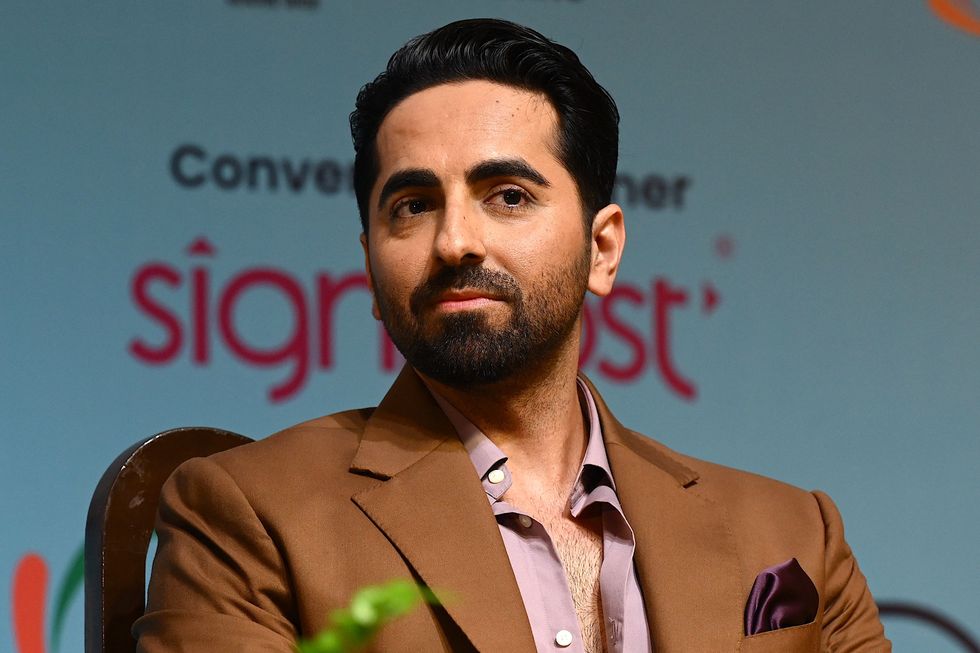 Ayushmann Khurrana attends an event at the FICCI Frames 2024 Getty Images
Ayushmann Khurrana attends an event at the FICCI Frames 2024 Getty Images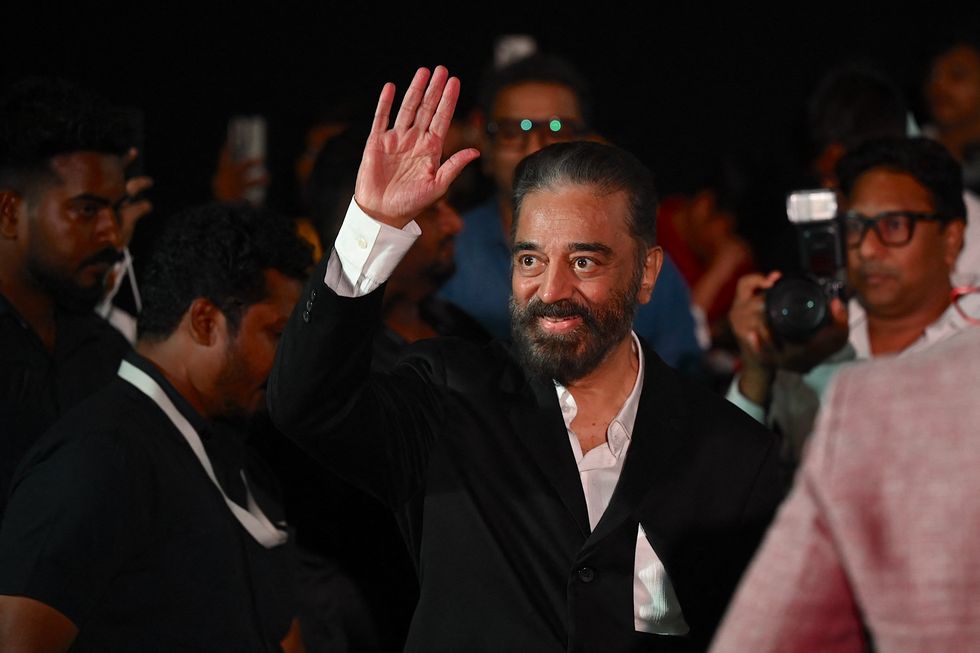 Kamal Haasan waves as he attends a press conference for 'Thug Life'Getty Images
Kamal Haasan waves as he attends a press conference for 'Thug Life'Getty Images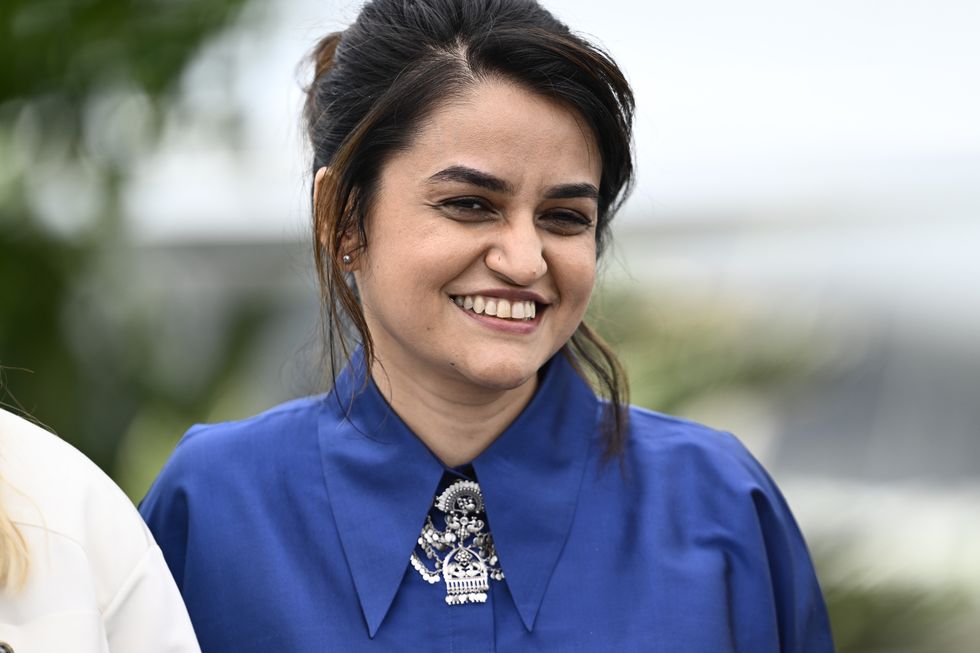 Payal Kapadia smiles during the Jury photocall at the 78th annual Cannes Film FestivalGetty Images
Payal Kapadia smiles during the Jury photocall at the 78th annual Cannes Film FestivalGetty Images
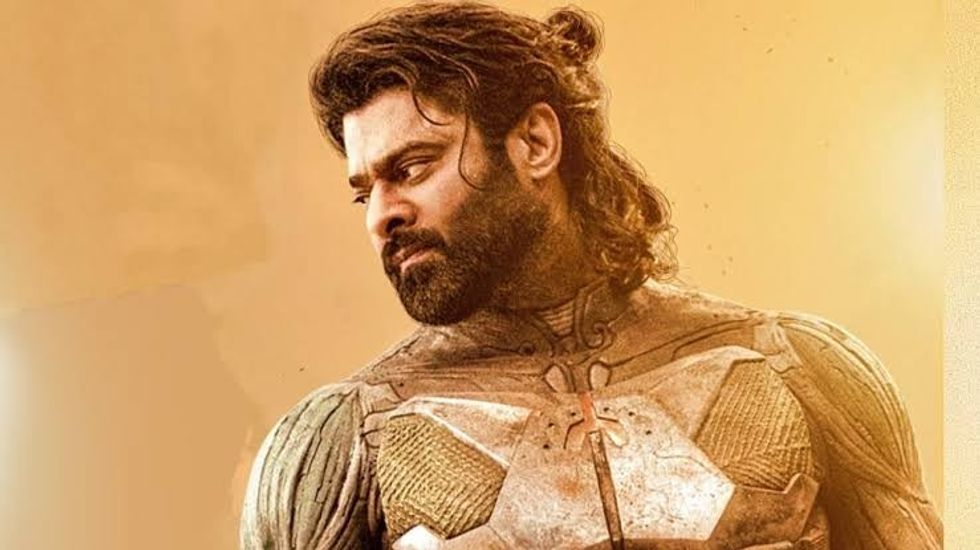 Prabhas in a still from Kalki 2898 AD which completed one yeargetty images
Prabhas in a still from Kalki 2898 AD which completed one yeargetty images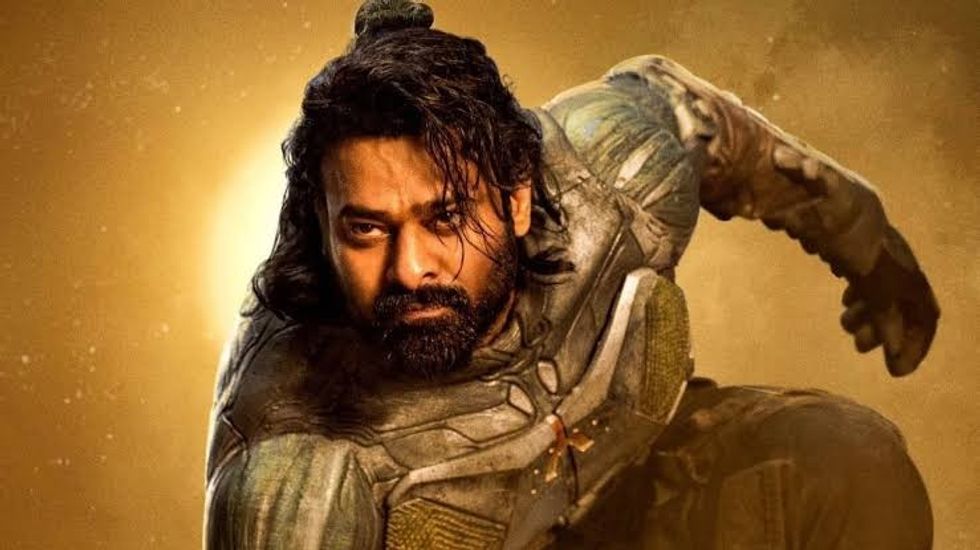 Kalki 2898 AD became one of the top three biggest openers in Indian cinemagetty images
Kalki 2898 AD became one of the top three biggest openers in Indian cinemagetty images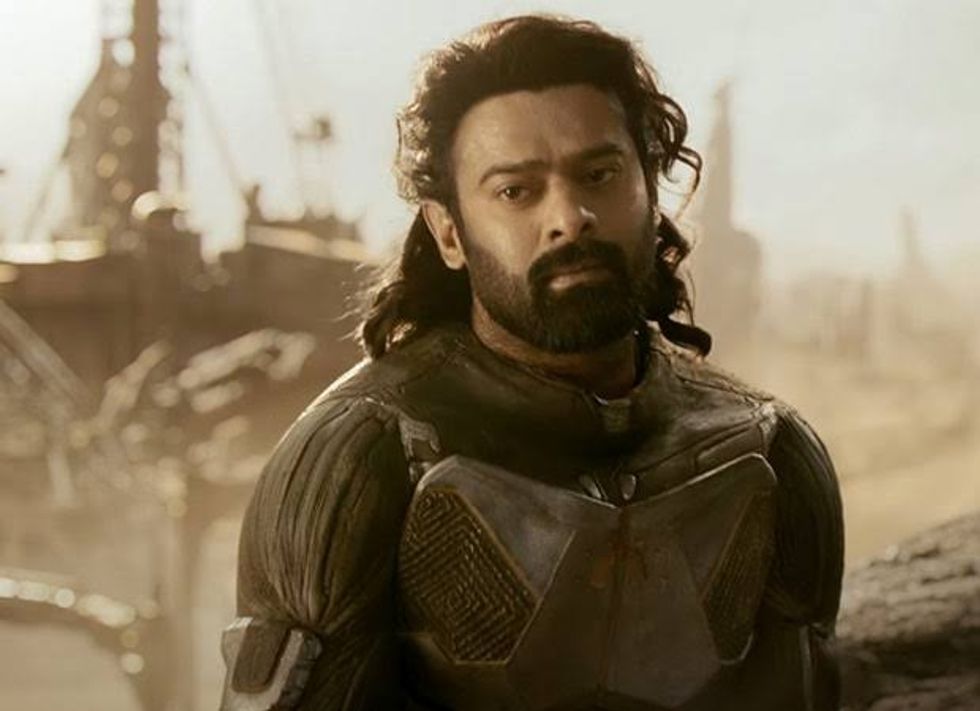 Kalki 2898 AD brought together sci-fi and mythology in a first-of-its-kind Indian filmgetty images
Kalki 2898 AD brought together sci-fi and mythology in a first-of-its-kind Indian filmgetty images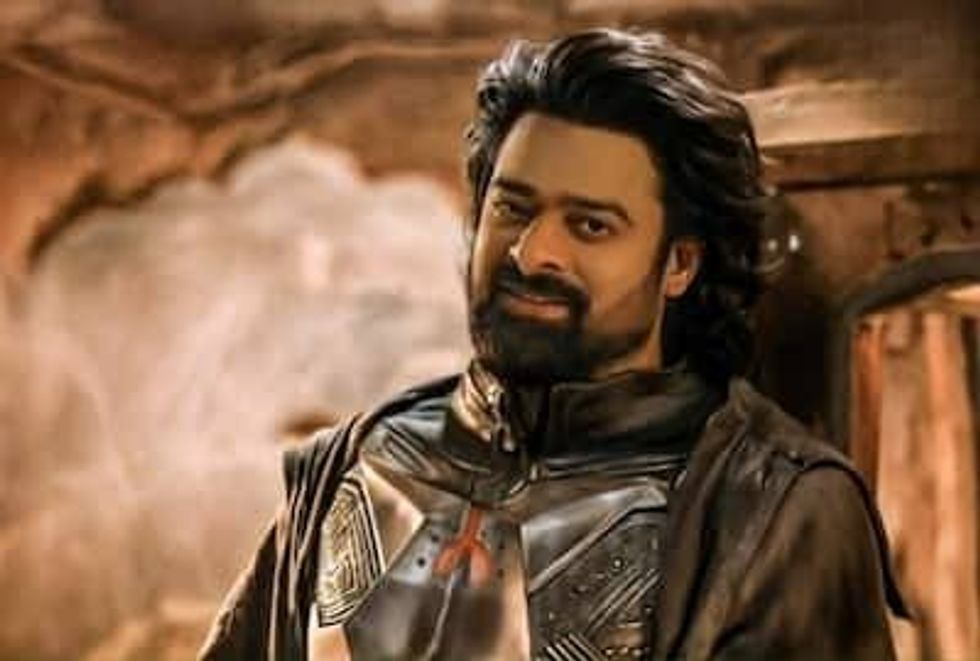 Prabhas plays the futuristic warrior Bhairava in Kalki 2898 AD getty images
Prabhas plays the futuristic warrior Bhairava in Kalki 2898 AD getty images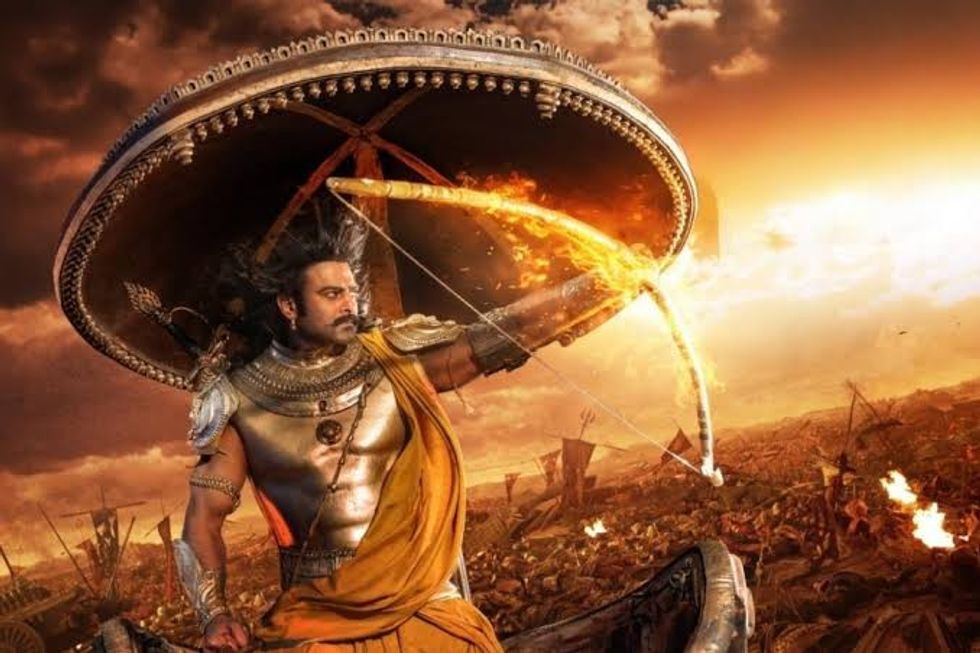 Prabhas in action during a high-intensity sequence from Kalki 2898 ADgetty images
Prabhas in action during a high-intensity sequence from Kalki 2898 ADgetty images
 Anusha Mani
Anusha Mani
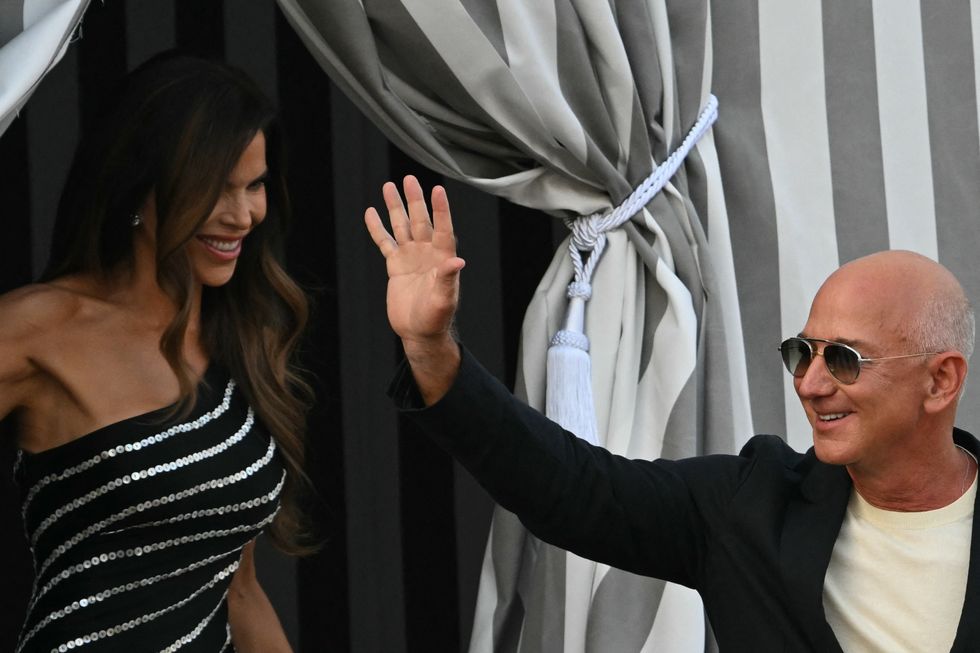 Lauren Sanchez and Jeff Bezos leave the Aman Hotel in Venice ahead of their wedding Getty Images
Lauren Sanchez and Jeff Bezos leave the Aman Hotel in Venice ahead of their wedding Getty Images  Kardashians seen boarding a boat ahead of the evening celebrations in VeniceGetty Images
Kardashians seen boarding a boat ahead of the evening celebrations in VeniceGetty Images 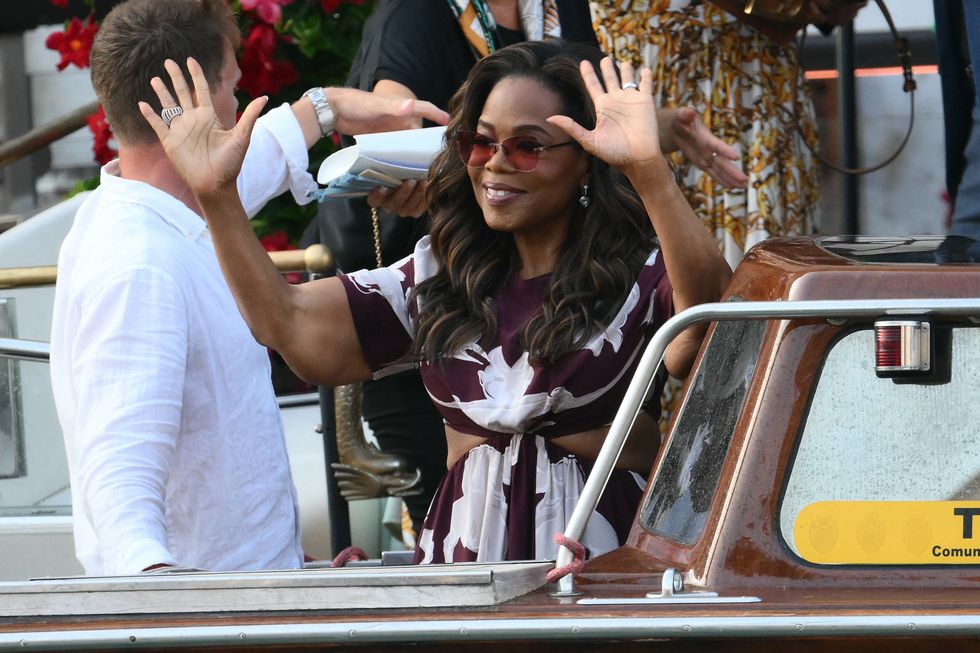 Oprah Winfrey wave to fans while heading to the welcome event Getty Images
Oprah Winfrey wave to fans while heading to the welcome event Getty Images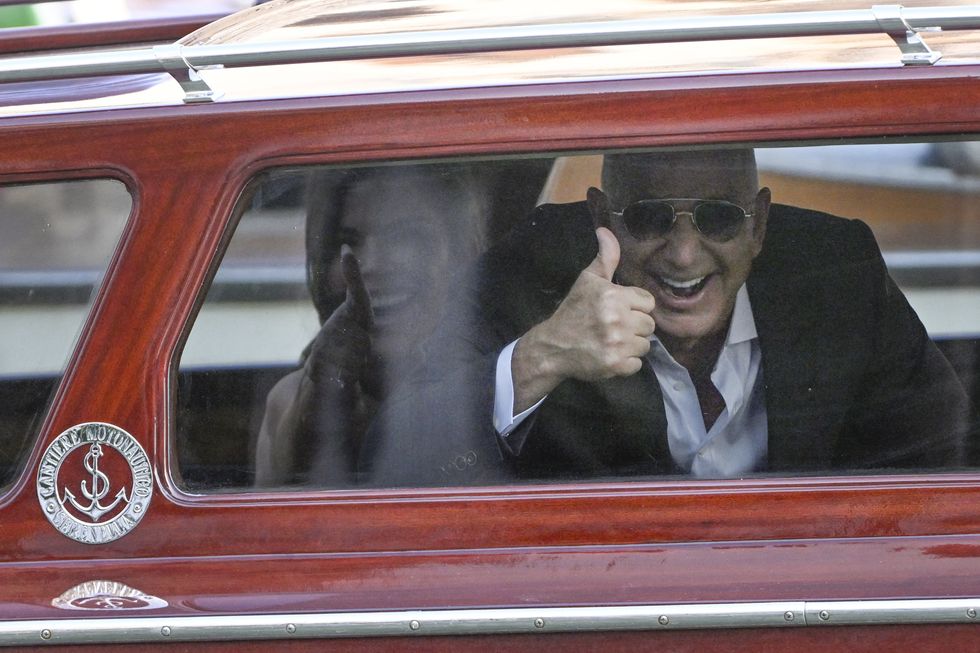 Jeff Bezos and Lauren Sanchez gesture in direction of Bezos' lookalike from the taxi boatGetty Images
Jeff Bezos and Lauren Sanchez gesture in direction of Bezos' lookalike from the taxi boatGetty Images